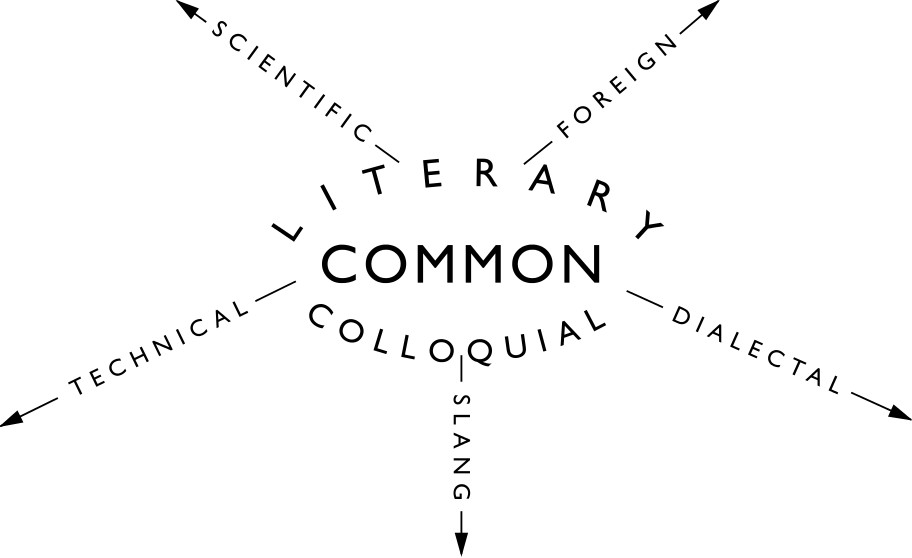
Tired of teaching vocabulary using only books and worksheets? Try these 5 creative ways to teach vocab — they'll work whether you're teaching middle school or high school students.
1. Get your students moving
Some of us do our best thinking when on the move, and getting your students out of their seats for a little walkabout can make for a vocabulary lesson they'll remember.
Here's a video from TeachingChannel that shows you one way to go about it. The page for this lesson also has some downloadable resources, but you need to have an account to download them.
2. Have your students play games that adapt to them.
When students play on vocabulary.com, the website's algorithms "learn" about what kinds of words students are good with . . . as well as ones they don't know so well.
The site then makes students practice the words they're less proficient with, helping them achieve mastery.
3. Learn words for charity.
You've probably heard of this one, but it bears mentioning again — Free Rice is a game in which students answer vocabulary questions, and for each one they get right, the people running Free Rice will donate 10 grains of rice via the World Food Programme.
Now, 10 grains at a time doesn't sound like a lot, but it adds up. And all you have to do is practice vocabulary? That's so easy, there's no reason not to do it.
Plus, the game gets more difficult the more questions you answer correctly, and it begins incorporating Latin and Greek roots, prefixes, and suffixes at higher levels. We're pretty big fans of teaching vocabulary from latin and greek roots.
4. Adapt popular games for classroom use.
Board games are experiencing something of a renaissance in the U.S., and for good reason: good games are lots of fun!
Here's one idea for a game, based on Scattergories®, in which your students draw comparisons between their vocabulary words and predefined categories of items.
Here's another idea, based on Jenga®: tape your students' vocabulary words to the blocks. When a student pulls out a block, they have to perform some predetermined task (define the word, use it in a sentence, etc.) using the word on the block. If they can't do it, they have to draw another block. This continues until the student succeeds or the tower falls. The stakes get high pretty quickly!
With a little clever thought, you'll find that you can transform plenty of classic games into teaching resources.
5. Have students develop their own dictionaries.
Ask students to create a personal dictionary based on some sort of guiding idea. Maybe you'll ask them to fill their dictionary with words from the literature they read. Maybe they'll focus on scientific words. You can do a lot with this idea.
Students should be encouraged to use their creativity, and some students will definitely enjoy decorating and personalizing their dictionaries.
And they can go beyond just words and their definitions! Just because they're creating dictionaries doesn't mean their dictionaries have to be dry. Have them write short stories about their words. Have them write amusing definitions. Have them write their personal feelings about each word. The more they think about and use their words, the more likely they'll be to commit them to long-term memory.